Geoff Harrison | | 5 min read
Drive (The Cars)
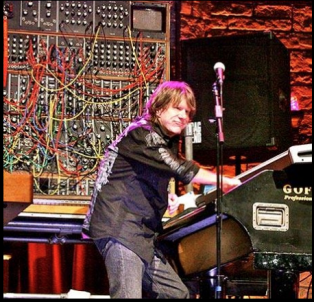
Keith Emerson's recent passing powerfully resonated with me – and not just the way he left in early‑March but, more reflectively -- on how that instrument he mastered and pioneered back in the early 1970's changed my sense of the world then. I still have the first Emerson Lake & Palmer recording on vinyl – a heavy beast it is – almost need a crane to load it on to the turntable.
The piece from the Robert Moog documentary approx 10 years ago, with Keith running his virtuosic fingers up and down the keyboards of this monster sized early Moog, will stay with me forever – a fine musician, loved and deeply respected by many in his field, and one of the "flag bearers" for this new creation called the synthesiser.
About the synth, two
things immediately come to mind – firstly, how a musical instrument that was
originally developed to create advertising gimmick sounds could have ended up
evolving so far – and so quickly – and second, how its infinitely variable sounds
instantly transports me to different eras in my life.
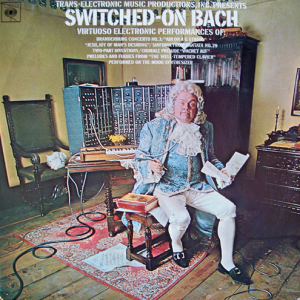 I first became aware of
it with Walter Carlos' Switched On Bach in the late Sixties – and that image
of a man dressed in 18th century royal court clothing (loved the
wig) sitting in front of a major computer bank full of wires and knobs – but
the music struck me as gimmicky and light then.
I first became aware of
it with Walter Carlos' Switched On Bach in the late Sixties – and that image
of a man dressed in 18th century royal court clothing (loved the
wig) sitting in front of a major computer bank full of wires and knobs – but
the music struck me as gimmicky and light then.
Then came the life
changing sound track from the dark and intense Stanley Kubrick futuristic movie
A Clockwork Orange – where Walter Carlos had suddenly become seriously good at
putting new life, using the synth, into classical pieces like Rossini's William
Tell Overture – along with Purcell's Funeral for Queen Ann and, most
powerfully, the recreation of key parts of Beethoven's glorious 9th Symphony
into something beautiful and, as well, a little "scary".
That was it for me – and this was followed, in 1971 by Keith Emerson's synth solo at the end of Oh Lucky Man and, around that time, George Martin using it, sounding like an electrified French horn, played in an echo chamber, in Because from side two of the Beatles timeless Abbey Road.
And also to be noted, the late Carl Wilson's use of it,
played like it was under water, in that eerie and beautiful piece Feel Flows
from the Beach Boys seminal 1970' recording Surf's Up – for the record, nothing
to do with surfing that album.
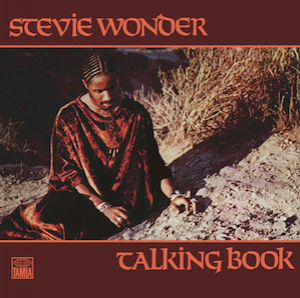 Then, in ‘72, in a
recording that clearly marked his transition from "Little Stevie
Wonder" into an unmistakably modern musician, saw him use it so intensely on
some tracks in his transition recording Talking Book. Wonder’s Superstition is
an early synth masterpiece and, in addition, the track Maybe Your Baby was
intense and powerful and was… like… insane!
Then, in ‘72, in a
recording that clearly marked his transition from "Little Stevie
Wonder" into an unmistakably modern musician, saw him use it so intensely on
some tracks in his transition recording Talking Book. Wonder’s Superstition is
an early synth masterpiece and, in addition, the track Maybe Your Baby was
intense and powerful and was… like… insane!
David Bowie, featuring
in the Time/Life doco the History of Rock 'n Roll, records him and Brian Eno
experimenting with synths in the early‑mid Seventies and after a while they
threw away the manuals and just "went for it", colourfully described
as "farts and whistles" by Bowie.
The rest is musical
history.
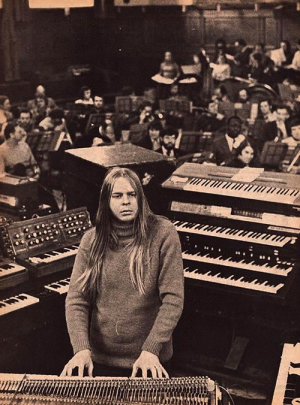 Also, while in quotation
mode, Rick Wakeman (pictured) reminisced in the Robert Moog doco – made around 2004 or
2005 – in discussion with the great man himself, backstage at a Moog fest
concert in New York, that this instrument could "cut through
concrete" with its power and sharp musical blade and had, most
significantly "changed the face of music forever".
Also, while in quotation
mode, Rick Wakeman (pictured) reminisced in the Robert Moog doco – made around 2004 or
2005 – in discussion with the great man himself, backstage at a Moog fest
concert in New York, that this instrument could "cut through
concrete" with its power and sharp musical blade and had, most
significantly "changed the face of music forever".
Vangelis’ soundtracks,
utilising a "big" sound system, are signature pieces for the films Chariots
of Fire and Blade Runner – and, in the latter, that majestic futuristic sound
track became "the movie". It was an inspired choice by Ridley Scott
to tap this musician and composer along with his mighty arsenal of electric
machinery for that film.
For me the Eighties is
the musical era which has to be defined by the synth – whether it's by the
Eurythmics, The Cars, A‑Ha, Bowie or Madonna, the list is endless. Yet
throughout that time, in order to keep some perspective, great singers and songwriters
have continued to emerge and, most importantly, the electric guitar, the
instrument that defined rock'n’roll and the later rock era, has continued to
flourish with great players like The Edge, Slash, Eddie Van Halen and many
others, along with established musical masters like Eric Clapton and Jeff Beck
In short, the landscape
enlarged throughout this period, with the synth creating its own unique place
in the musical landscape.
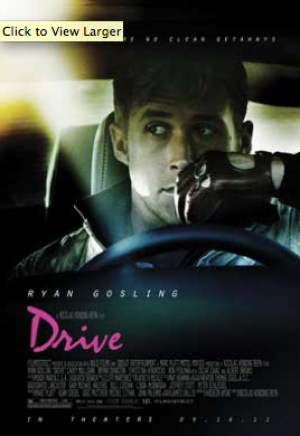 The beautiful
composition Drive by the Cars, featuring appropriately and slightly melancholy
vocals, and a gentle driving beat, is enhanced by the focused use of the synth
in two ways – to create that warmth melodic tone, as a driving force in the
song, and augmented by delicate tingling, in a type of "rain drops"
effect – a perfect composition and arrangement.
The beautiful
composition Drive by the Cars, featuring appropriately and slightly melancholy
vocals, and a gentle driving beat, is enhanced by the focused use of the synth
in two ways – to create that warmth melodic tone, as a driving force in the
song, and augmented by delicate tingling, in a type of "rain drops"
effect – a perfect composition and arrangement.
The 2012 movie Drive -- music by Cliff Martinez -- saw the electronic gateway used to real effect in that film, again with a unique and often intense atmosphere that the electronic backings injected into its mood.
It's no surprise that the soundtrack recording was a sell out.
In the 1994 documentary
on Brian Wilson of the Beach Boys, I Just Wasn't Made For These Times, his
session drummer from that time, the gifted and funny Hal Blaine, commented
about Brian's Sixties musical arrangements, in particular his ability to
combine together instruments like the harp, harpsicord and other instruments
into making a new and unique sound.
He said, "In those days it was the natural sound, as it were – of course these days they do it all on synthesisers".
Geoff Harrison is a 61-year old seasoned divorce lawyer practicing in Auckland. From an intensely musical family, raised in Wellington, with lots of Chuck Berry, Elvis and Motown on the wireless and car radio during his formative years. Remembers vividly, as a moderately gifted pianist aged about 10, his mother phoning his piano teacher and saying, "Geoffrey won't be back for any lessons for a while, Kate – he's been seduced by the Beatles".
Geoff has some writing skills, augmented by his occupation as a lawyer, with words being the currency he deals in. Seduced throughout his life by loud rock music, particularly that heard at the gym and on the car stereo playing CDs – and forever in his memory, Led Zeppelin with "Marshall stacks" at Western Springs in 1972.
He loves all electronic music along with anything from the mid Fifties through to the late Eighties as part of his musical tapestry.
He is also, he says, “blessed with a quality tenor voice from my late mother, Shirley, a fine soprano”.
We take his word for it.

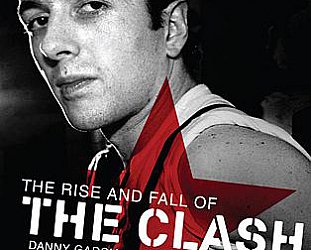
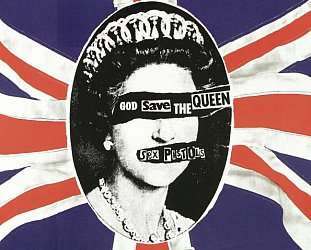
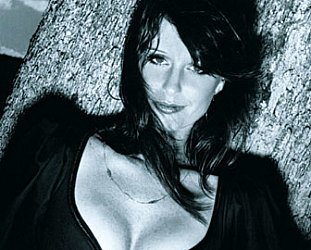
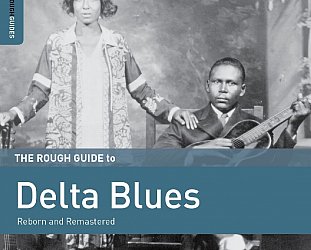
post a comment